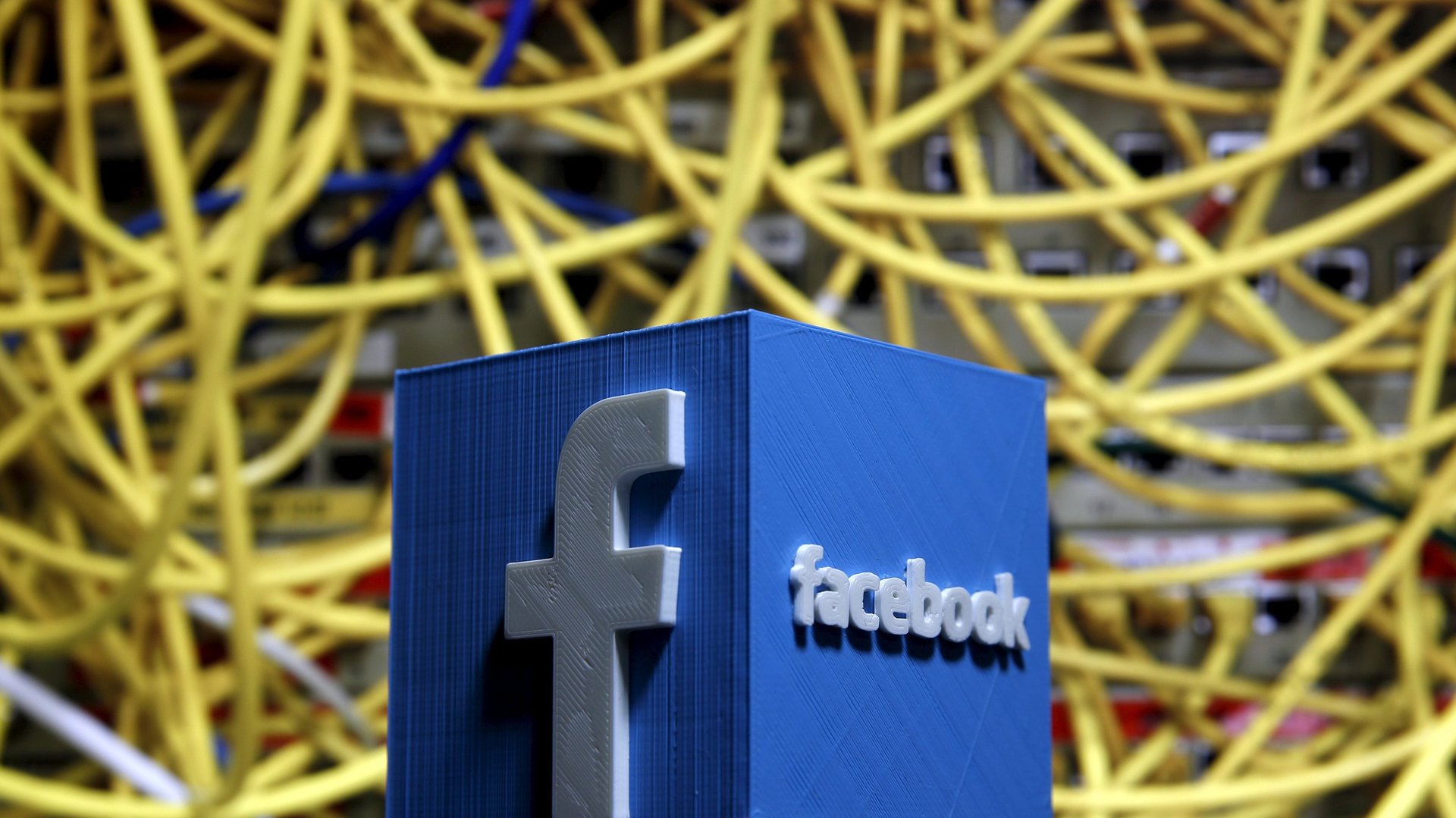Facebook paid the UK nearly a thousand times more tax in 2015 than in 2014
Facebook paid £4.2 million ($5.2 million) in tax in the UK, according to the latest accounts filed by its UK entity yesterday (Oct. 10). That’s quite an increase from the £4,372 its UK subsidiary paid in 2014. (The company is also, however, claiming an £11.3 million tax credit—in other words, a discount on future taxes—thanks to an accounting rule change on how its employee bonuses are taxed.)


Facebook paid £4.2 million ($5.2 million) in tax in the UK, according to the latest accounts filed by its UK entity yesterday (Oct. 10). That’s quite an increase from the £4,372 its UK subsidiary paid in 2014. (The company is also, however, claiming an £11.3 million tax credit—in other words, a discount on future taxes—thanks to an accounting rule change on how its employee bonuses are taxed.)
Facebook’s (somewhat) heftier tax bill is good optics in a year where Apple has been accused of dodging billions in taxes by the European Commission, and the revelations implicating assorted politicians, celebrities, and corporate figures in offshore tax maneuvers from the Panama Papers.
The social networking giant has been nimbler than its global tech peers in handling public perception of its tax affairs. In March it said it would reorganize its UK business to book more revenues in the country, which would result in millions more in taxes. Contrast that to Google, which triumphantly announced a tax deal with UK authorities, only to have the amount of back taxes it would pay under the deal derided for being too low.
All the same, the tax filing is also an illustration of how murky tax accounting can be. Facebook’s revenue for 2015 was £211 million (pdf, p.4), almost exactly double the 2014 figure.
And its losses also increased sharply, from £28.4 million in 2014 to £41.2 million in 2015.
So why then is it paying nearly 1,000 times as much tax?
The answer is administrative expenses. These charges totalled £255 million in 2015. The key to figuring out what a multinational really owes the UK in taxes is hidden in those administrative expenses, tax reform advocates say. Among those expenses are payments made within a corporation’s global web of entities, which include royalties for intellectual property and other fees, which allows a firm to control the amount of taxable income it pays. “The key to this is the unpacking of the administrative expense,” writes Prem Sikka, a professor of accounting at the University of Essex.
It’ll take a lot to get a company to open up about those transactions. A US senate hearing was required before Apple’s network of intra-company payments were revealed. The European commission drew on details from that hearing for its own tax charge against Apple in Ireland.